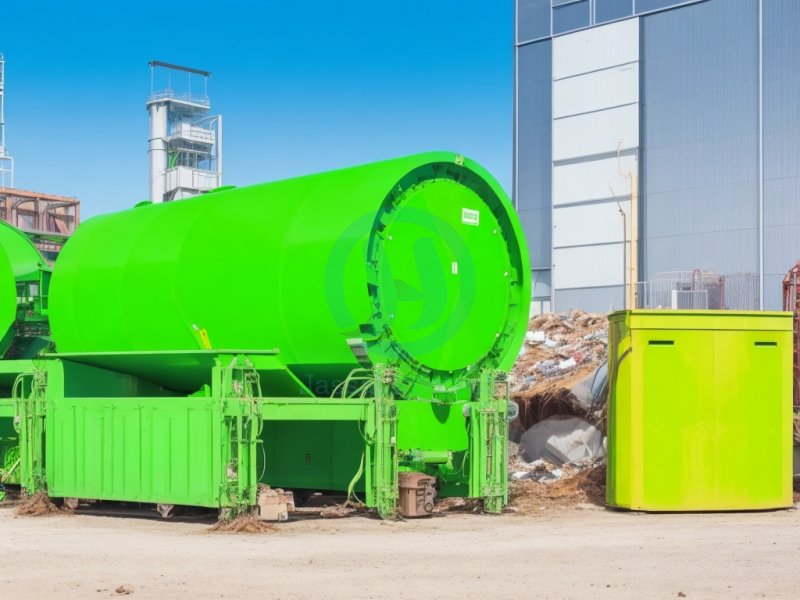
In today's world, environmental consciousness has become more than just a buzzword; it's a necessity. As our planet faces mounting challenges from waste accumulation and pollution, the need for sustainable waste management solutions has never been more critical. Fortunately, advancements in green technology are revolutionizing the way we handle waste, shifting the paradigm from traditional practices to innovative recycling and waste-to-energy processes. In this blog, we'll explore some of the most groundbreaking eco-friendly technologies that are paving the way for a cleaner, greener future.
One of the most significant obstacles in traditional recycling is inefficient waste sorting, leading to contamination and reduced recyclability. Enter smart recycling bins equipped with IoT (Internet of Things) technology. These cutting-edge bins use sensors to identify and sort recyclable materials automatically. With real-time data monitoring, waste management authorities can optimize collection routes, reduce costs, and promote higher recycling rates, thus enhancing overall sustainability efforts.
Plastic pollution is a global crisis, but green technology offers hope. Innovations in plastic recycling have evolved beyond conventional methods, such as mechanical recycling. Advanced techniques like chemical recycling and depolymerization break down plastic waste into its original monomers or feedstock, allowing manufacturers to create new plastic products without sacrificing quality. This not only helps reduce the demand for virgin plastic but also prevents plastic from ending up in oceans and landfills.
Waste-to-Energy technologies bridge the gap between waste management and renewable energy generation. Instead of discarding non-recyclable waste in landfills, these processes convert it into valuable energy. Techniques like incineration, gasification, and anaerobic digestion produce electricity, heat, or biofuels, reducing our reliance on fossil fuels and cutting greenhouse gas emissions. By promoting sustainable energy production, WtE plants contribute to a circular economy, where waste becomes a resource rather than a burden.
Organic waste comprises a significant portion of our trash, but instead of contributing to landfills' methane emissions, green technology provides eco-friendly composting solutions. Composting not only reduces the volume of waste but also produces nutrient-rich soil amendments for agriculture and landscaping. Innovative composting techniques, such as vermicomposting using earthworms and Bokashi fermentation, accelerate the decomposition process, making it more efficient and scalable.
In underserved or remote areas where waste management infrastructure is lacking, mobile recycling units have emerged as a game-changer. These self-contained units travel to communities, empowering residents to recycle and process their waste locally. The units are equipped with state-of-the-art sorting and processing facilities, making recycling accessible and economically viable for even the most remote regions.
Green technology in waste management is more than just a passing trend; it's an essential path towards a sustainable future. With smart recycling bins streamlining waste sorting, plastic recycling innovations combating plastic pollution, Waste-to-Energy technologies generating clean energy, composting solutions reducing organic waste, and mobile recycling units reaching underserved areas, we have the tools to address waste challenges effectively.
By embracing these innovative approaches and supporting further research and development, we can create a circular economy where waste becomes a valuable resource. As individuals, businesses, and governments collaborate to implement and invest in green waste management technologies, we take a collective step towards preserving our planet for generations to come. Let us embrace the power of green technology and pave the way for a cleaner, healthier, and more sustainable tomorrow.
Share This News